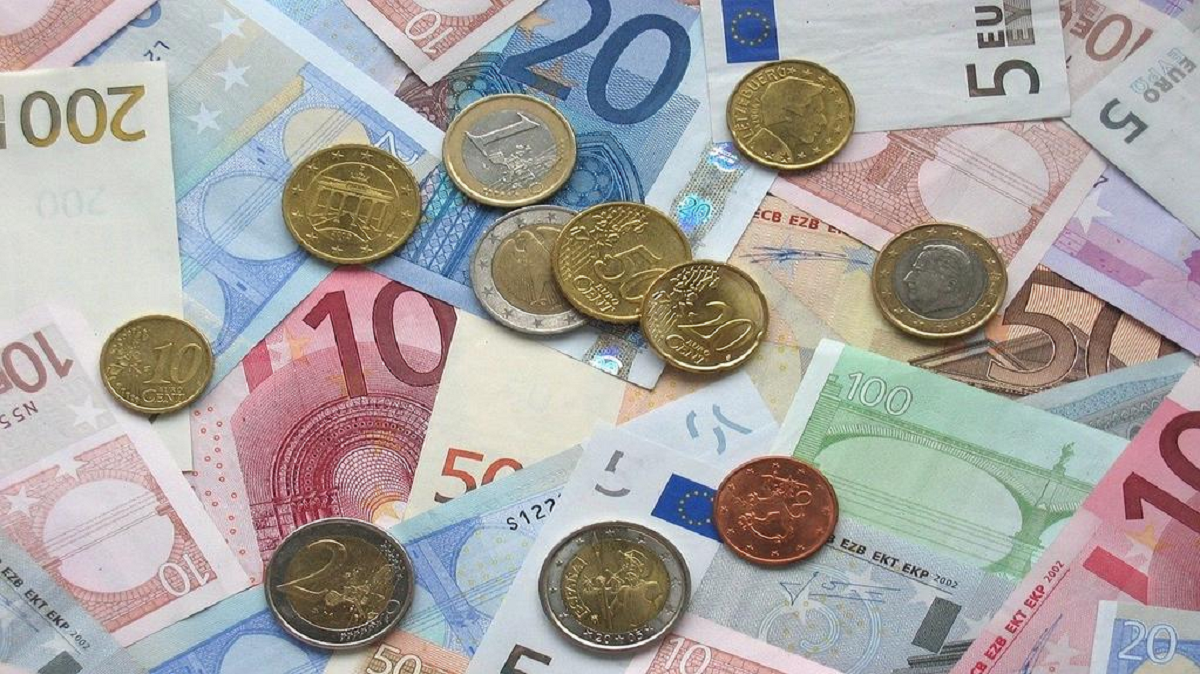Following the course of what already happened last December, the Euribor will continue this month in a historical minimum value. It is estimated that for this month of January 2021, it will once again be below -0.5%. A figure that agrees with the -0.497% that it reached at the end of the year.
What does this mean? Well, simply because thanks to this level of Euribor many citizens will enjoy a significant reduction in your fees. Especially those who have a variable mortgage that is linked to this index and that is reviewed annually or semi-annually.
Euribor forecasts for 2021
The Euribor is the index most used as a basis for variable rate mortgages. This type of mortgage is characterized by offering users a mortgage whose installments vary depending on the value of the Euribor. Considering this, it can be said that 2020 has been a very beneficial year for the holders of this mortgage.
Not in vain, the 12-month Euribor average in December 2020 reached -0.497%. If we take into account that in December 2019 the value of the Euribor was -0.261%, it can be said that holders of a variable mortgage have seen their installments reduced during the past year.
But will this continue to happen in 2021? The truth is that we are in a very unpredictable situation due to the coronavirus crisis. Precisely, at the beginning of last year no one thought that the Euribor would reach an all-time low. But the exceptional situation we have experienced this year has changed everything.
Euribor and the coronavirus crisis
With the arrival of the coronavirus, the Euribor began to fall progressively. Today, banks, especially smaller entities, are extremely suspicious of the loans they carry out in the form of Mortgages. In a situation like this, it is difficult to guarantee that the borrowed money will be able to be repaid properly.
So much so that delinquency rates in our country they have grown notably as a result of COVID-19. However, among those who today can afford to apply for a loan, banks are mainly offering fixed mortgages, since they are much more profitable for entities than variable rate mortgages.
And all this because, according to many experts, it is very likely that the value of the Euribor will remain negative until at least 2022. Nothing to do with the maximum value reached back in 2008 (4.89%) since, since then , and especially in the last three years, the trend has been clearly bearish.
How does the Euribor negatively affect mortgages?
If the Euribor is negative, there is something that is evident: the users of mortgage loans who take this index as a reference they will pay less in their installments. What happens is that it is the bank that pays the users the part corresponding to the interest on the loan until the next review is made on their mortgages.
The European Banking Authority establishes that banks must pay their clients for mortgages that give negative interest rates once the differential is added, except in those cases in which there is some legal restriction. Variable rate mortgages are made up of a variable interest rate and a spread. If the Euribor is negative, instead of adding it, what is done is subtracting it from the differential.
With regard to our mortgage, how do we know if we are going to pay more or less than the previous year? Very easy. It will only be necessary to check if the value of the Euribor is higher or lower than the previous year. If in the last revision the Euribor was lower than at current levels, the interest rate that corresponds to us is higher than that of the previous period.
Although it is true that the negative Euribor mainly affects variable mortgages, it must also be said that, indirectly, the fixed mortgages have been affected. Not surprisingly, the low levels of the Euribor have meant that there is a drop in interest rates on fixed mortgages to make them more competitive in the eyes of users.
It is practically impossible to specify how long the Euribor will remain negative. Experts state that at least it will continue like this until at least 2022. The main reason is that the European Central Bank is not currently considering raising its interest rates, even announcing that by 2021 it will not touch them due to the economic fragility that is lived in the Old Continent.
For all this, it is very likely that the Euribor will continue in a similar trend, to the point of being able to reach new historical lows this year.
–

